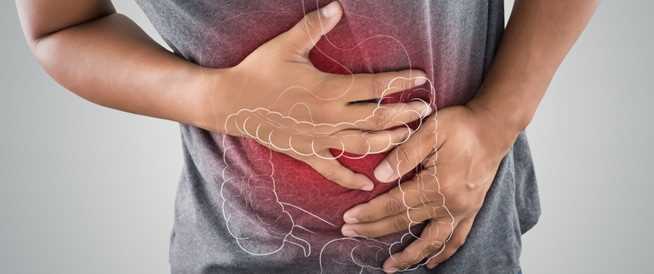Understanding and Addressing Malnutrition

malnutrition is the low intake of food, which can happen if you're not getting enough nutrients, such as some types of vitamins and minerals, through your diet.
Malnutrition
Some people develop malnutrition because there is not enough food available, or because they have difficulty eating or absorbing nutrients Most people who are malnourished will lose weight, but it's possible to be a healthy weight or even overweight and still be malnourished.
Also, you are diagnosed as malnourished if you have unintentionally lost a lot of weight over the past few months.
symptoms
these symptoms include.
- unintentional weight loss, although this is not always obvious.
- reduced appetite
- lack of interest in food and drink
- feeling tired all the time
- feeling weaker
- getting ill often and taking a long time to recover
- wounds taking a long time to heal
- poor concentration
- feeling cold most of the time
- low mood, sadness, and depression
Causes
- Mental health conditions.
- Social and mobility problems.
- Digestive disorders and stomach conditions.
- Weight loss
- living alone and being socially isolated lead to a lack of appetite
- having limited knowledge about nutrition or cooking
- alcohol or drug dependency disrupts digestion
- low income or poverty
- There are 4 broad sub-forms of undernutrition:
- wasting,
- stunting,
- underweight
- deficiencies in vitamins and minerals.
You could be malnourished if:
- you unintentionally lose 5 to 10% of your body weight within 3 to 6 months
- your body mass index (BMI) is under 18.5 (although a person with a BMI under 20 could also be at risk) – use the BMI calculator to work out your BMI
- clothes, belts, and jewellery seem to become looser over time
Symptoms of malnutrition in a child can include;
Undernutrition makes children in particular much more vulnerable to disease and death. Low weight for height is known as wasting.
Malnourished children may be
- short for their age.
- thin or bloated, listless Children have weakened immune systems.
- Nutritional disorders can affect any system in the body and the senses of sight, taste, and smell.
- changes in behaviour, such as being unusually irritable, slow, or anxious, or changing in mood and other psychiatric symptoms.
- not growing or putting on weight at the expected rate (faltering growth).
- low energy levels and tiring more easily than other children.
Causes of malnutrition in children
- increase the body's demand for energy
- Childhood diseases, congenital heart disease, cystic fibrosis, and cerebral palsy.
- eating disorder or a behavioural or psychological condition that means they avoid or refuse food.
- Malnutrition is caused by a poor diet if a child is neglected, living in poverty, or being abused.
- dysphagia (swallowing problems)
Treatment of malnutrition
1.Gastrostomy
2.Care and support services
This may include:
- home care visitors who can help you shop for food or cook if you find this difficult
- occupational therapy – an occupational therapist can identify problems with daily activities and help find solutions
- a "meals on wheels" or meals at home service – this can often be provided by the local authority, although there's usually a charged
- speech and language therapy – a speech therapist can teach you exercises to help with swallowing problems and give advice about dietary changes (such as foods that are easy to swallow).
Treating malnutrition in children:
Treatment may involve:
- dietary changes, such as eating foods high in energy and nutrients (high glycaemic index carbohydrates and healthy fat and high protein diet)
- support for families to help them manage factors affecting the child's nutritional intake Find out how to feed someone you care for treatment for any underlying medical conditions causing malnutrition
- vitamin and mineral supplements
- high-energy and protein nutritional supplements and powders – if the other treatments are not enough on their own
- Severely malnourished children need to be fed and rehydrated with great care. They cannot be given a normal diet immediately. They'll usually need special care in the hospital. Once they're well enough, they can gradually begin eating a normal diet and continue this at home.
Treatment must be monitored regularly to make sure it's working. Weight and height measurements will be taken, and a child will be referred to specialist services if there's no improvement.





















 حقوق النشر محفوظة لشركة مدار سوفت 2023
حقوق النشر محفوظة لشركة مدار سوفت 2023
